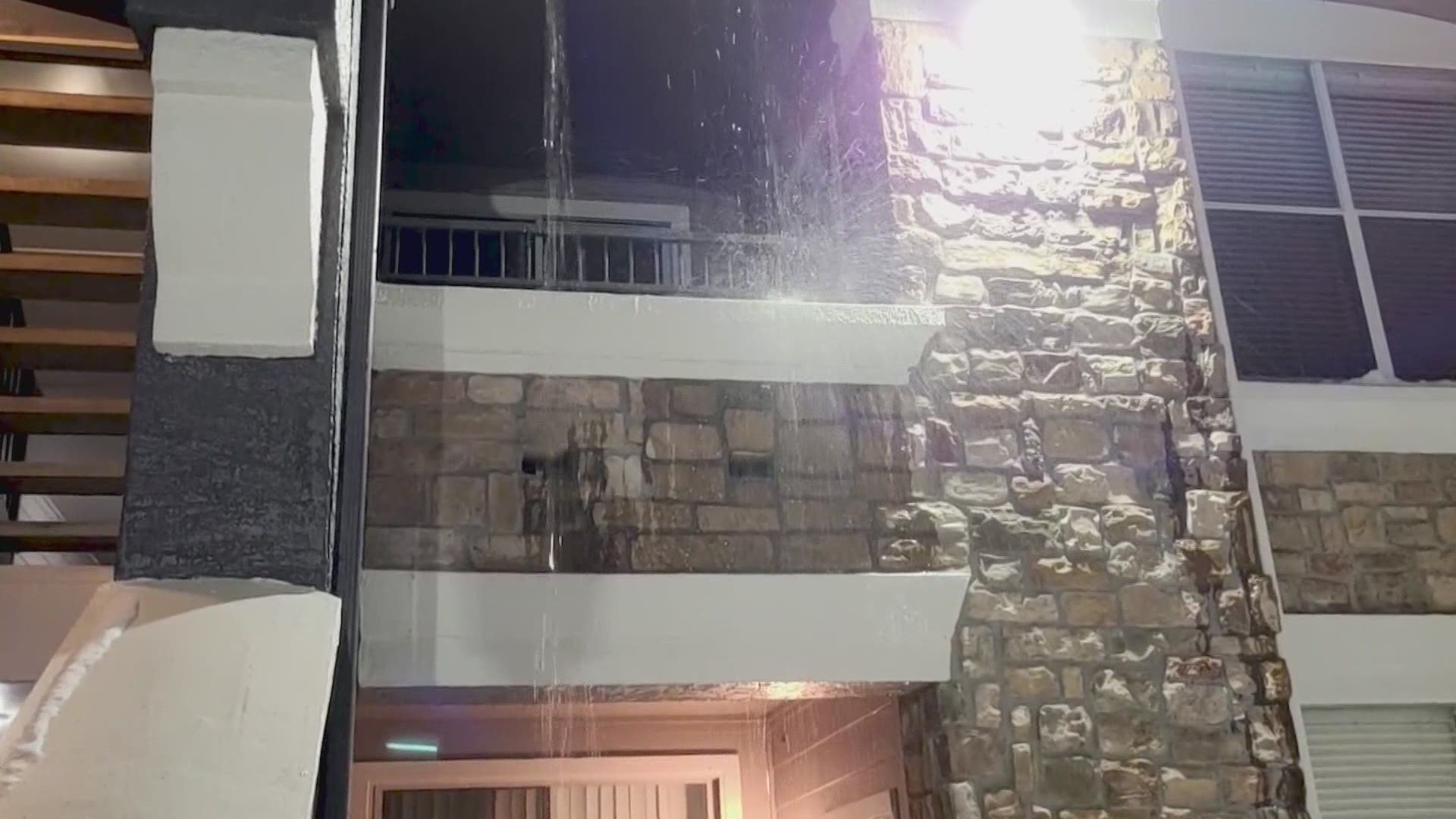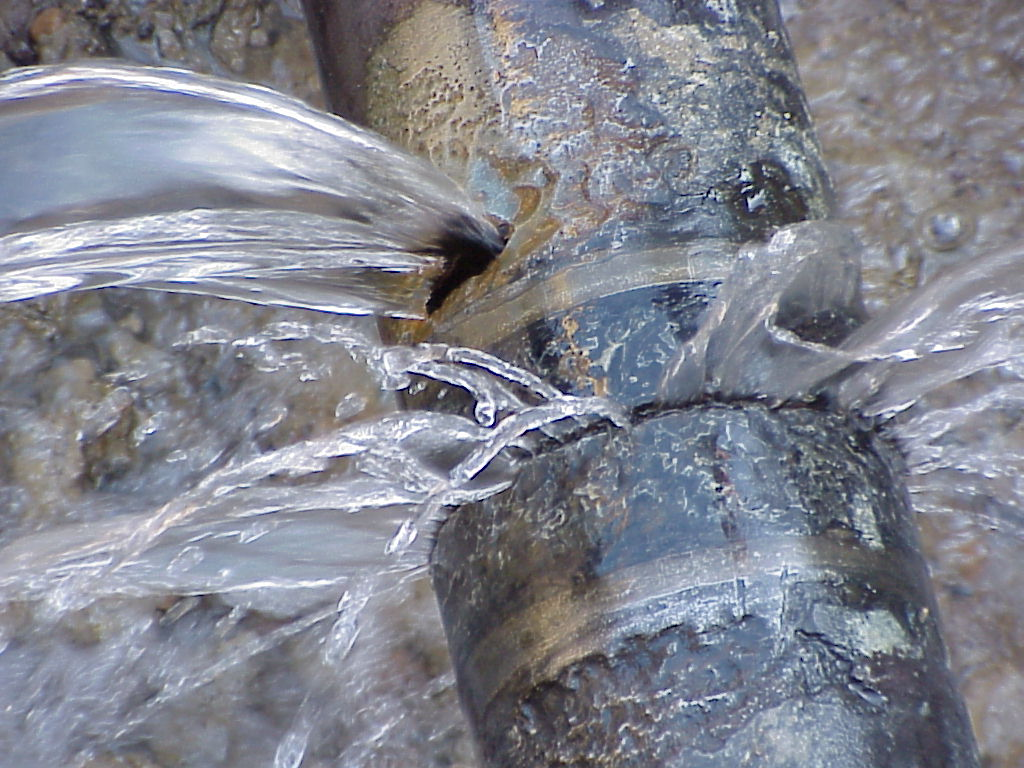Right here in the next paragraph you might get some dependable resources all about Rules For Handling Water Damage.

What should you do if a water pipe bursts in your house? The longer you wait, the more severe the damage that can take place to your property. For these factors, you require to discover exactly how to act in the event of a ruptured water pipeline.
Turn off the Key Waterline Valve
The first thing to do? Close the shut-off valve. Look for the neighborhood shut-off shutoff to shut off the water in one particular area just. Go for the major water line shutoff as well as turn it off if you do not recognize where the localized shut-off valve is. This action will cut off the water immediately in your entire home. Usually, the major shutoff is discovered outside the residence beside the water meter. If it's not there, you can likewise find it in 2 locations: in the basement at eye degree or the first flooring on the ground. Usually, contractors placed the shut-off shutoff in the main ground level bathroom or ideal next to it.
Call Water Damages Remediation Pros for Aid
After shutting the water source, call the professionals for assistance. With their specialist help, you can prevent much larger water damage consisting of warped baseboards, loose tiles, or damaged structures.
File the Damage For Insurance coverage
While you're waiting for the pros to show up, get some documentation of the damages created by the wayward pipe. Do close-up shots of the damaged spots and valuables.
Restore Things That Can Be Saved
Take a look at the damaged things as well as take out the most important ones from the pile once you're done taking images. Dry them off in a dry/warm place far from the damaged location as well as try to maintain them as high as you can. Drag as much moisture as you can to the material so it can start to dry out.
Start the Drying Refine
Luckily, the water from your waterlines is currently clean so you do not have to fret concerning sewer water. The moving water may have interrupted the dust and also debris in your floorboards as well as carpetings. Blot out as much water as you can from the surfaces with old towels.
Specialists are the only people certified to assess properly and also repair the burs pipelines and succeeding damage. As constantly, pipes don't simply suddenly break out of the blue. They generally give silent warnings like gurgling paint, water stains. Odd sounds in the plumbing, caving ceiling, moldy smell, or peeling off wallpaper. Remember of these indicators and do some preventive measures so you can nip any kind of issues in the bud.
What should you do if a water pipeline ruptureds in your house? For these reasons, you require to learn how to act in the occasion of a ruptured water pipeline. After shutting the water source, call the experts for assistance. With their specialist aid, you can prevent much larger water damage consisting of deformed walls, loosened tiles, or damaged structures. Luckily, the water from your waterlines is currently tidy so you do not have to worry about sewer water.
How to Handle a Burst Pipe and Minimize Damage
Steps to Take Ahead of Time
If you own property in an area that experiences cold weather, you need to be aware of seasonal maintenance tasks that will help you protect your property as the weather changes each year. One of the most important steps is to winterize your pipes to ensure they won't freeze or burst when the temperature drops. This includes action items like insulating any exposed pipes, detaching garden hoses and covering outdoor faucets. If the weather gets cold enough, you may even consider leaving a faucet dripping or opening cabinet doors during the coldest parts of the day.
No matter how prepared you might be, accidents and emergencies still happen. You'd be wise to set up a savings account specifically for your property so you have a "rainy day" fund set aside for unexpected expenses. All homes—regardless of age, location or condition—will inevitably need some form of emergency repair.
Steps to Take for Frozen Pipes
A frozen pipe will not necessarily burst, so if you can catch a frozen pipe early on, you could save yourself a major headache. When your area experiences frigid temperatures, be sure to check your plumbing and keep an eye out for warning signs like faucets only releasing small amounts of water or toilets not refilling when flushed. If you do run into one of these issues, you're likely dealing with a frozen pipe.
If this happens, your first step should be to cut off the water supply to that section of the plumbing. Expanding and freezing water can quickly cause damage. Even if the water supply is shut off, you will likely still deal with some leaking from the water that defrosts after the pipe has thawed. Be prepared with a mop, bucket and/or towels to quickly soak up any excess water.
In order to thaw a frozen pipe, you can use a space heater, infrared or incandescent heat lamp, or even a hairdryer to warm up the frozen area. Heat tape is also an option and should be used according to manufacturer instructions. Do not use any sort of open flame to thaw frozen pipes, as it poses a major fire hazard and can damage your pipes further.
Steps to Take for a Burst Pipe
Water damage claims are the second most common insurance claim in the U.S. When you're dealing with a frozen pipe, the water continues to expand as it freezes, which creates pressure that can cause a pipe to burst. When this happens, the crack or leak in the pipe allows water flow from the pipe to enter your home where it shouldn't. If a pipe does burst, you need to act quickly to mitigate property damage and repair cost.
- Your very first step should be to shut off your main water supply to minimize flooding—typically the most expensive damage to address.
- Once you've shut off the water supply, make sure you identify the entire area that has been impacted by the leak. Remove as much water as possible—as quickly as possible—using a mop, sponges, towels or a shop vacuum or wet/dry vacuum.
- To prevent long-term damage due to moisture build-up, run a dehumidifier or fan in the affected area.
- Contact a licensed plumber to ensure the pipe is correctly repaired before running any water to that section of the home again.
Burst pipes and the associated water damage are something you absolutely want to avoid as a property owner. If you've had to learn your lesson the hard way, don't let yourself get caught in a similar situation during the next spell of cold weather. The best way to deal with frozen or burst pipes is to prevent them in the first place—proactive winter maintenance will save you time, money and a whole lot of stress.

Do you enjoy more info about What You Should And Shouldn’t Do When Dealing With Water Damage? Give a short review down the page. We will be glad to listen to your thinking about this entry. In hopes to see you back again later on. Don't hesitate to take the opportunity to distribute this post if you liked it. I thank you for reading our article about What To Do And What Not To Do When Dealing With Water Damage.
Comments on “Essential Septic Tank Maintenance Tips Every Homeowner Needs to Know”